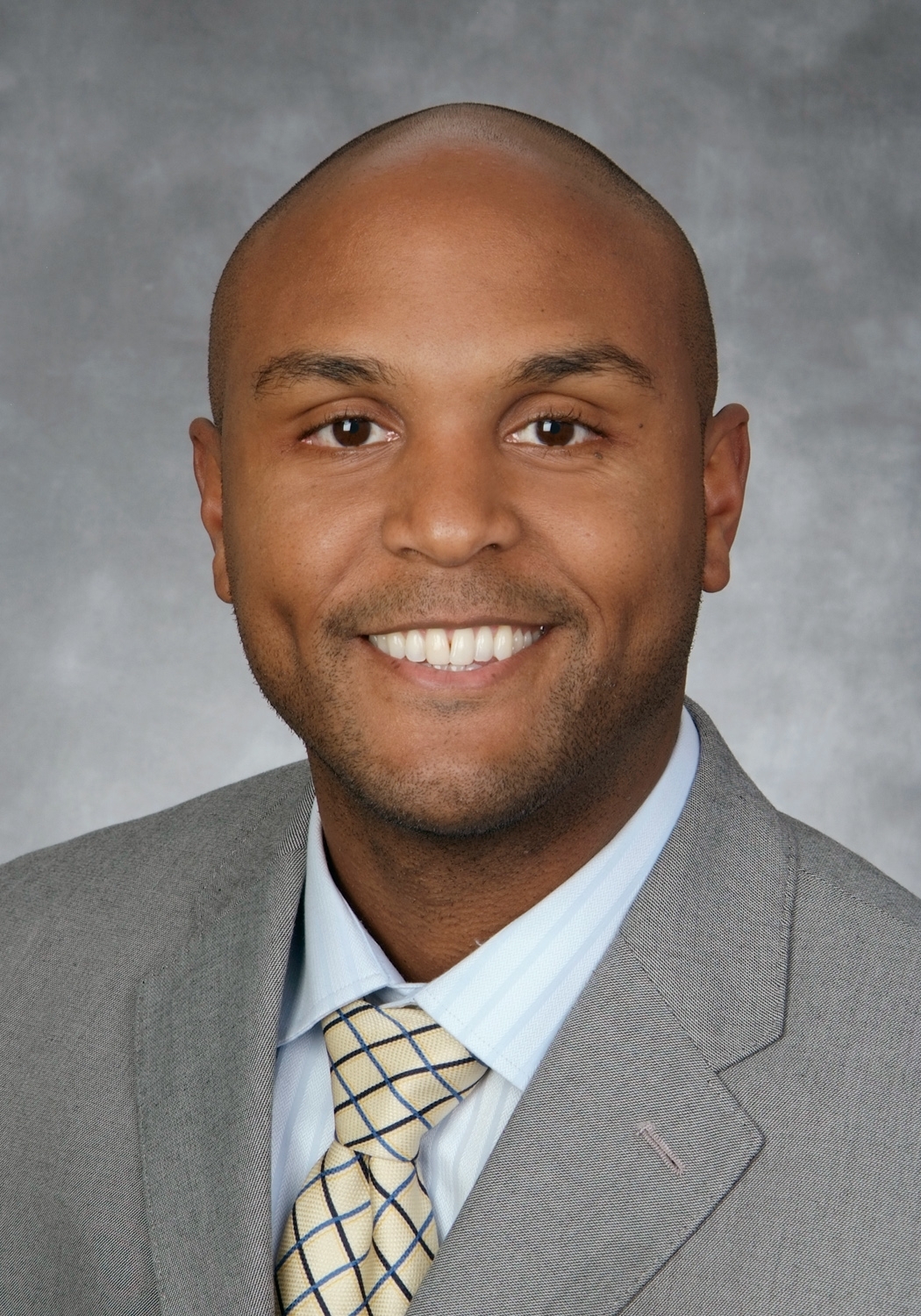How We Can Help Our Young Black Patients Navigate Police Encounters

Randon Hall, MD, MBA, FAAP
June 25, 2020
The deaths of George Floyd and other young Black men and women at the hands of police officers have caused me to reflect on what role I, as an African-American doctor, can play in dealing with our societal ills.
I have been a pediatric sports medicine doctor for about seven years, treating everything from concussions to broken bones and chronic pain. Yet, at some point, I feel that getting people back to sports just isn’t enough. What I do is extremely rewarding, but these kids will heal and go on living their lives. My concern is for those young people whose lives will forever be changed by the racial injustices that occur on an almost daily basis for many of them.
As an orthopedic doctor and team physician, I am in a position to have a trusted relationship with athletes, a great deal of whom are young Black males. At the end of the day, I am left with a nagging question: What can I do that will substantially matter in the lives of these Black athletes?
To answer that question, I have to introduce my father, Raymond Hall. He was a renaissance man of sorts, a sincerely gregarious human being. No one was a stranger to him. He lived an interesting life, starting out in the Philadelphia Police Department at age 19. After eight years as a patrolman, he transitioned to a job as a federal probation officer until his retirement after 23 years.
In retirement, he returned to his hometown, West Philadelphia, to teach middle school. One of his most notable features was his tendency to dole out advice. I don’t mean your average 2 cents, his input was always at least a full dollar. I say “was” because he passed away in March after battling dementia. But his advice definitely lives on.
The current crisis of police violence reminds me of a small but important incident in my life.
It’s 3:30 a.m. back in 2003 and I am a 20-year-old on my way down the New Jersey Turnpike to catch a flight to my first medical school interview. Suddenly I see harsh lights flash in my rearview mirror and I'm being pulled over. It is at this point that my father’s advice comes vividly to mind, every single word of it. I’m on the highway, so there really is no well-lighted area for me to safely pull over, but I get off the road as quickly as I can. The radio is turned off. Both front windows are rolled all the way down. License and registration are on the dashboard in plain sight. Hands are on the steering wheel and clearly visible. I am nervous, as anyone would be, but not fearful. I’m not quite fully aware of how these stops can go woefully wrong.
After the typical back and forth of a traffic stop, I was on my way with a warning for speeding, which I disputed. I can remember the conversation distinctly. “Are you saying I’m a liar?” the officer retorted. Nowadays, I think about that encounter and how things could have gone much differently, but I was prepared with the advice from my father.
I made it to that interview, and 17 years later I am a physician and a father giving out similar advice to my family.
“How can I effect change as a physician who serves a significant number of Black and brown teenagers?”
Here lies the answer to the question that has plagued me recently. How can I effect change in my role as a physician in which I serve a significant amount of Black and brown teenagers?
I can follow my dad’s lead and prepare them for an inevitability of life in America: potentially hostile and even dangerous encounters with law enforcement. Just as we physicians provide anticipatory guidance for families about seat belts, alcohol and sexual encounters, we also can and should do the same regarding interactions with the police, especially for black children in America.
At this point, this guidance is potentially lifesaving information and must unapologetically be a part of the patient encounter. I ask my young patients point blank: “Do you know what to do if you encounter the police?”
These are the four simple key points of advice my dad explained to me long ago that I now share with my patients, sometimes as part of a larger conversation about police encounters and safety:
- Ensure that your hands are clearly visible, away from your body and pockets.
- Follow the instructions you are given.
- Ask for your parents if you are detained.
- Remember, if you are detained, you can choose to offer yes or no answers, or not answer at all, if you feel uncomfortable.
Of course, these are tough situations, and it’s impossible to draft a script an adolescent can follow in every scenario. That’s why it’s important to talk it through with them. The goal is to help them come home safe. Sometimes, that means calmly answering the questions of the police officer who pulled you over for speeding, as I did all those years ago.
Would this conversation have saved George Floyd’s life? Probably not. Will this change institutional racism and police brutality? Not a chance. But it might save the life of one of your patients someday, and that is enough for now.
The legacy of Raymond Hall lives on.
*The views expressed in this article are those of the author, and not necessarily those of the American Academy of Pediatrics.
About the Author
Randon Hall, MD, MBA, FAAP
Dr. Randon Hall, MD, MBA, FAAP, practices pediatric sports medicine and orthopedics at Phoenix Children’s Hospital. Dr. Hall also blogs at the TheInjurySource.com.